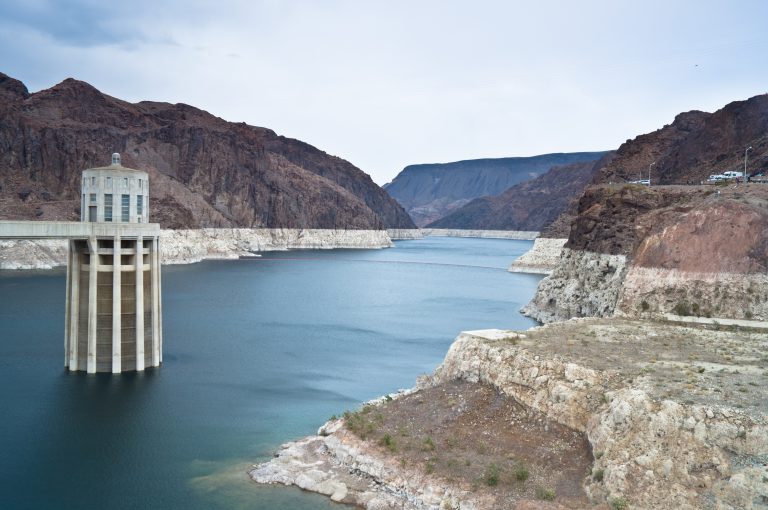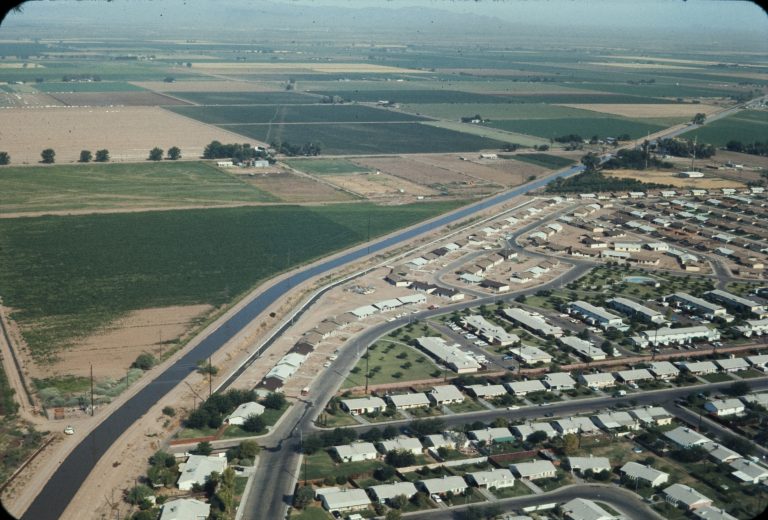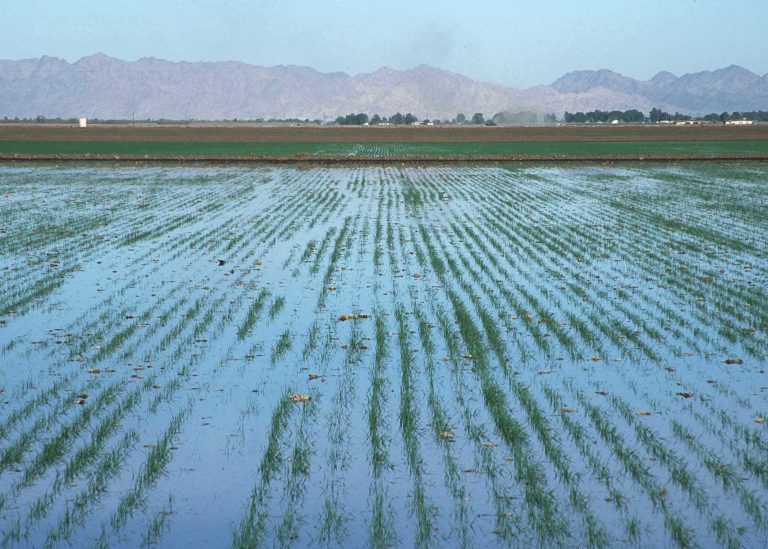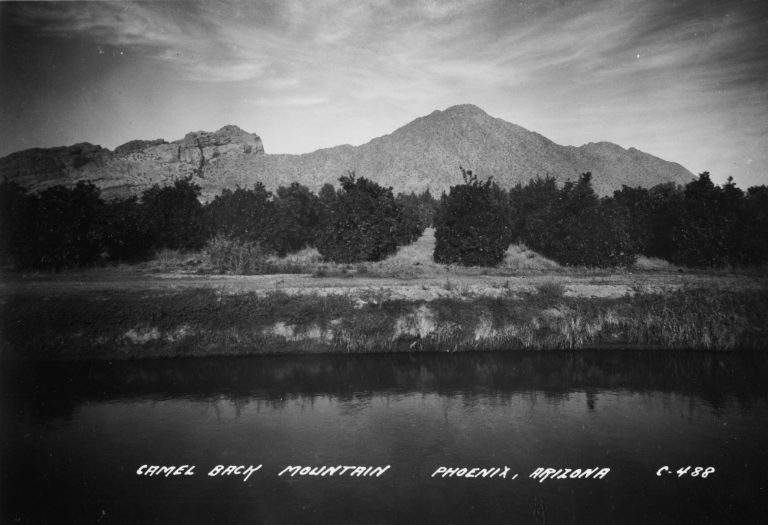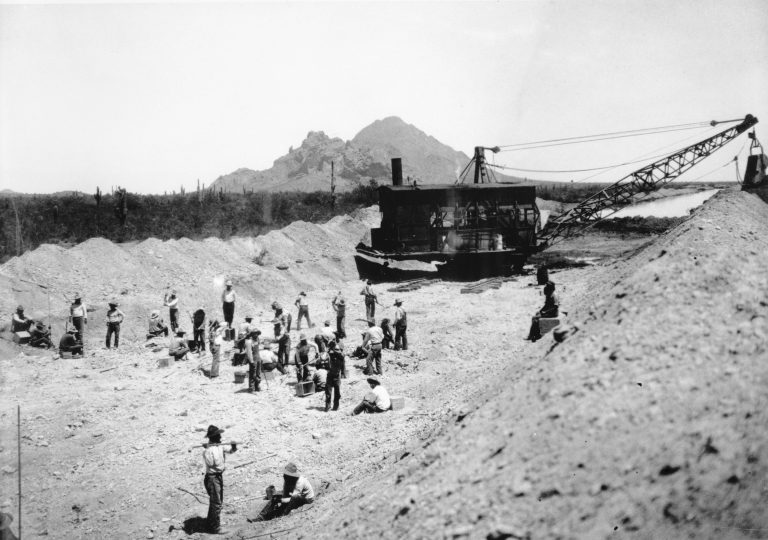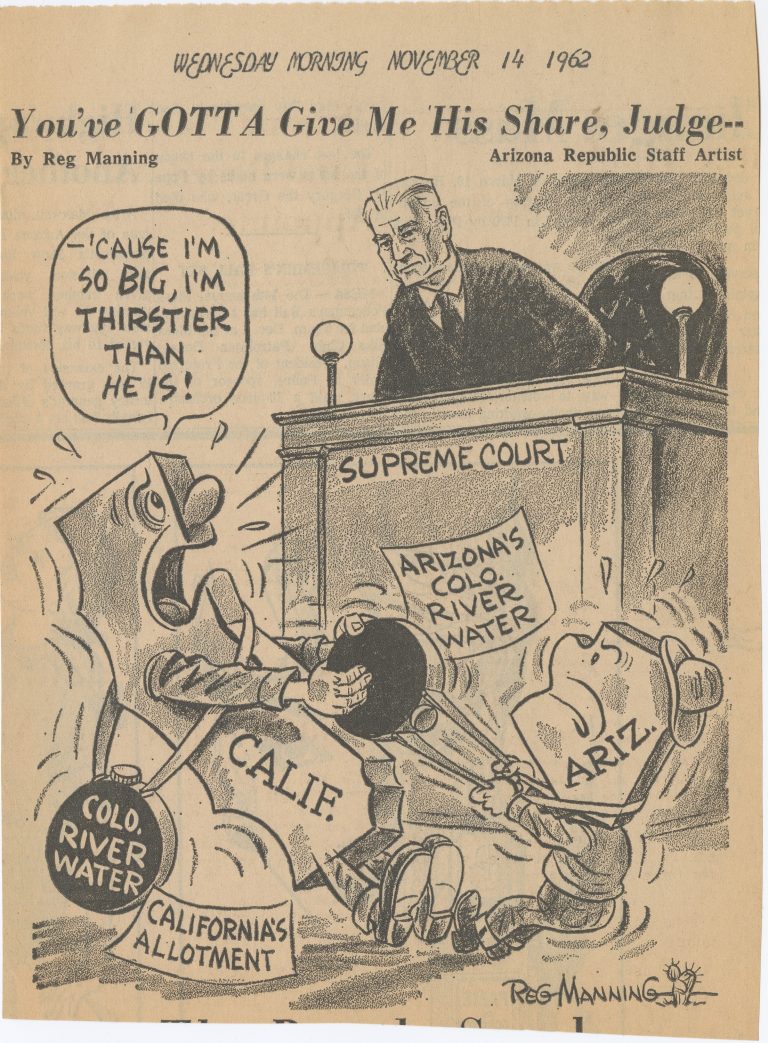The Problem
Escaping environmental threats, African Americans move between nodes along a former underground railroad route from Princeville to Greensboro. In 20 years, floods displaced more than 2,000 Princevillians. Environmental justice issues in Greensboro include: soil and water contamination, lack of housing and green space, food deserts, and intensifying storms.
The Roots
In 1885, Princeville became the first U.S. town incorporated by formerly enslaved people, but racism obscured this achievement. Since 1999, many have also lost their homes to hurricane-related floods. Some moved to Greensboro, which hosts other displaced people and EJ issues.
The Solutions
Reclaiming identity is a step in addressing environmental injustice and historic oppression. Princeville’s Portraits of Humanity exhibit shares its history of faith, unity, and resilience. FaithAction International House in Greensboro, a place of refuge, has an ID card program for the whole community that helps restore identity to displaced people who lack documentation.
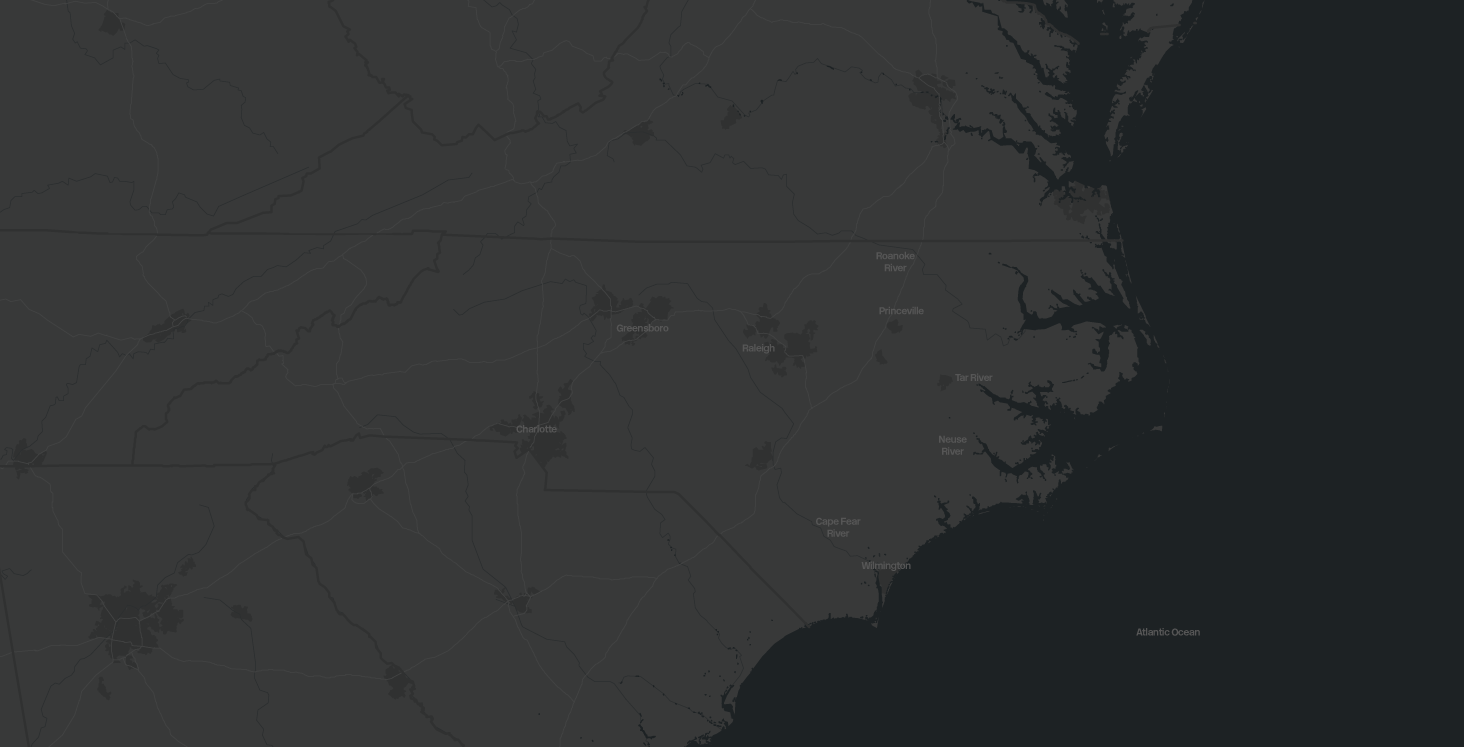
Our Point of View
University of North Carolina GreensboroAs environmental and sustainability studies students, we have worked towards the preservation of nature while learning about vulnerable communities. From coastal drilling to mountaintop removal in the Appalachians, our state faces many environmental justice issues. We have gained insight into the relationships between environmental and social issues that affect North Carolinians. With this project, we hope to increase awareness of environmental injustices and the importance of community.
FaithAction International HouseFaithAction International House educates and connects community across lines of culture and faith—turning strangers into neighbors. We help meet basic needs and provide translation, education, and employment readiness; safe space and accompaniment for domestic/sexual violence victims; and identification cards in partnership with local agencies.
Incorporated after the Civil War, Princeville is the oldest town in the U.S. chartered by African Americans who had been enslaved. Two hurricane-related floods devastated the town in 1999 and in 2016. Residents of Princeville are determined to rebuild and preserve their legacy.
Projects
Contributors
University Partners
University of North Carolina Greensboro
Exhibit design and development - students from the Department of Geography, Environment, and Sustainability, UNCG - Spring 2019
Katie Farina
Miguel Lopez
Maricruz Robledo-Burney
Yakub Yahaya, MA, Graduate Assistant: Department of Peace and Conflict Studies, UNCG
Research assistants - students from the Joint Bachelor of Social Work Field Education Program with NC A&T and UNCG - Fall 2018
Terrell Archie
Imani Barnes
Abigail Basurto-Mejia
Esther Frimpong
Karianna Fulk
Maria Beva Garcia Alemany
Lachynna Ledwell
Olga Martinez Zorrilla
Mikaela Moracco-Schelp
Mentzie Rahman
Cherice Riley
Gabriela Rodriguez
Patrice Scurlock
Nancy Uwera
Dajia Whitaker
Seth Rumbley, Grad assistant (fall 2018 & spring 2019)
Research assistants - students from the Joint Bachelor of Social Work Field Education Program with NC A&T and UNCG - Spring 2018
Dahlia Antunez
Greizy Beckles
Janet Chicas
Temesha Clark
Deja Dancy
Tyreece Fant
Abby Gallegos
Annie Luckadoo
Esmeralda Mendez
Amber Parrish
Angela Soto
Hadiza Soumalia
Elizabeth Whitcombe
Erica Vidal
Christian Zik Nsonwu, Honors College, Lead student research assistant (fall 2017-spring 2018)
Faculty Project Directors
Dr. Aaron S. Allen, Associate Professor of Musicology and Director of the Environment & Sustainability Program, UNCG
Dr. Jennifer Feather, Associate Professor of English and UNCG Humanities Network and Consortium Project Coordinator
Dr. Marcia Rosalie Hale, Assistant Professor of Peace and Conflict Studies and UNCG Humanities Action Lab Primary Investigator
Dr. Meredith C. F. Powers, Assistant Professor, Social Work Department and UNCG Humanities Action Lab Primary Investigator, and Director of the Climate Justice Program of the International Federation of Social Workers
Dr. Steve Kroll-Smith, Professor of Sociology and UNCG Humanities Action Lab Primary Investigator and Editorial Manager, Natural Hazards
Community Partners
FaithAction International House
David Fraccaro, Executive Director
The Staff of FaithAction International House




